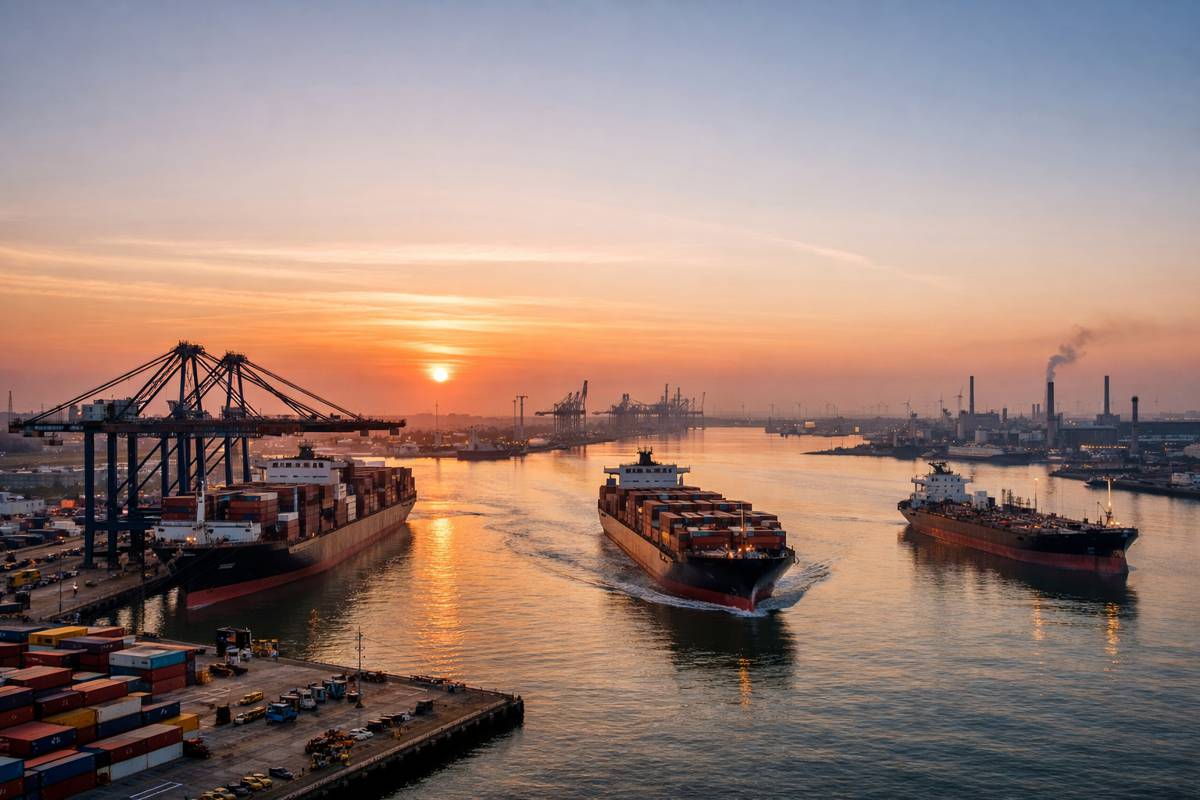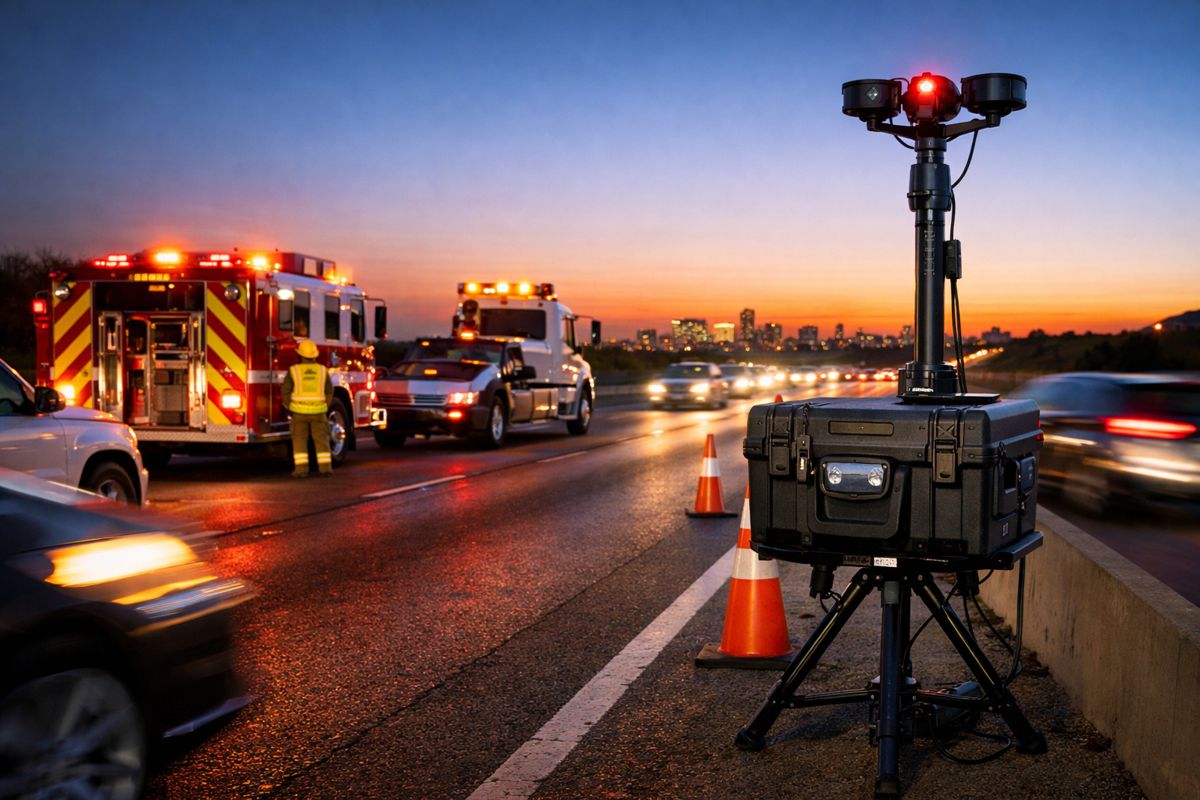ECO Stars Fleet Recognition Scheme acquired by TRL
TRL, a global leader in transport innovation, has acquired the ECO Stars Fleet Recognition Scheme, creating a cornerstone for a portfolio of services that help local authorities and vehicle fleet operators meet decarbonization, clean air and sustainability goals.
Originally conceived by the Barnsley Metropolitan Borough Council, ECO Stars was a pioneering scheme that provided emissions assessments and recommendations for fleet operators to reduce fuel consumption and lower their emissions in day-to-day operations. The scheme is free to fleet operators and the sponsoring local authority, depending on their location, recovers costs from the Scottish and Welsh Governments, as well as Defra.
TRL has managed the scheme since its inception in 2009, with many members gaining accolades for their enhanced fleet efficiency and reduced environmental impacts. The scheme has doubled in size in the last five years, which illustrates how the industry is embracing the need to change.
“With the acquisition of ECO Stars, TRL now has the opportunity to develop the scheme by offering new services that will benefit the members even further,” says Matt Sercombe, Strategic Business Service Director at TRL.
“The essence of the scheme aligns seamlessly with TRL’s mission to deliver safer, cleaner, and more efficient transportation solutions. The UK’s net-zero and sustainability goals are very real for vehicle fleet operators, who are under increasing pressure to demonstrate progress, even for very small fleets. We have in mind a set to enable Fleet Sustainability Solutions that assures profitability and commercial advantage for fleets that invest in minor operational changes” he concludes.
Building upon ECO Stars’ established legacy, TRL’s vision for the scheme, which relaunches today, will expand its remit with a package of services based on net-zero emissions targets and taking into account a broader range of sustainability objectives (which might, for example, take into account accessibility of a taxi service, the recycling of scooter batteries, or the disposal of rental bikes).
Applying lessons learned from its research into alternative transport and mobility modes, TRL also intends to extend the application of the recognition scheme to include fleets of micro-mobility solutions such as electric cargo bikes, electric scooters, and autonomous delivery pods. The essence of the scheme has always been on tailoring the membership according to local or regional needs. This will remain.
However, TRL can now make use of its expertise and resources to work differently with local authorities. For instance, TRL can analyse their local air quality and traffic data to advise on a more holistic approach to traffic management, providing insights and recommendations on routes, scheduling, and congestion management strategies at hot spots, which will also improve operational efficiency for the local fleet operators.
“The value of the ECO Stars scheme is incontrovertible”, says Ann Connolly, Scottish Framework Manager, “and the transition of ownership heralds an exciting new phase. TRL has a very collaborative working style, and I am very much looking forward to working with them to develop and launch new ECO Stars services”.




















